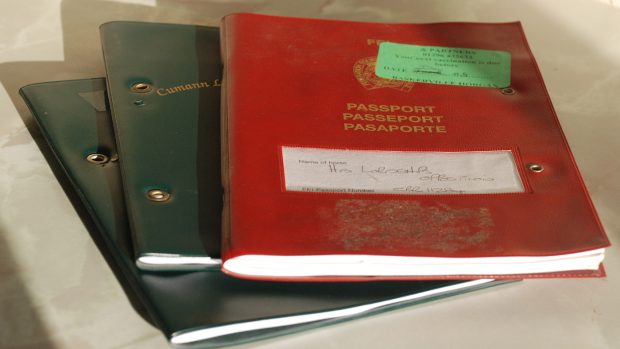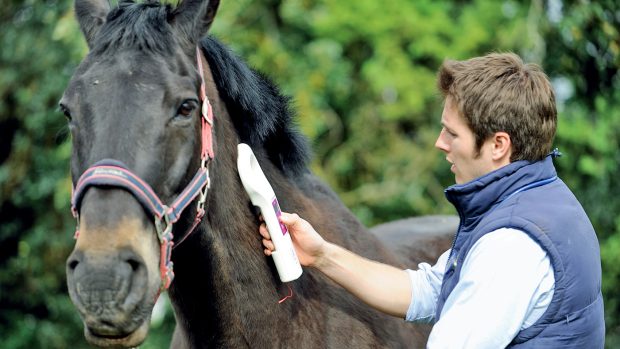The compulsory microchipping of horses looks almost certain to be introduced. It has been flagged up in EU proposals and is being backed by British equestrian industry leaders.
An early draft of the European Commission’s proposals on equine identification — to be finalised and published by December — indicates that plans are afoot to make microchipping compulsory for horses and ponies born from January 2007.
The British Equestrian Federation (BEF) and International League for the Protection of Horses (ILPH) both favour the mooted plans.
DEFRA, meanwhile, has kicked off discussions with British Equine Veterinary Association (BEVA), BEF and ILPH, to ensure the government is in the best negotiating position and well-informed with regard to effectiveness and potential cost.
Looking ahead, a DEFRA spokesman said: “If microchips become a mandatory requirement they would be part of the horse passports requirements and enforced in the same way [by local authorities].”
BEF chief executive Andrew Finding said any introduction of compulsory microchipping would require careful planning and consultation across the industry. Horse owners, however, may frown upon compulsory microchipping as yet more expensive bureaucracy.
Microchipping will increase the cost of horse registration because they must either be inserted by a veterinary surgeon or a vet nurse in the presence of a veterinary surgeon.
As Welsh Pony and Cob Society chief officer Gian Fazey-Koven said: “The administrative costs of keeping the animal are more than the cost of the progeny.”
Microchips have been used as a means of identification for horses in the UK for more than 10 years. However, to date, only 4% of horses have been microchipped.
BEVA president Lesley Barwise-Munro said microchips provided the best means of validating the authenticity of a passport — an opinion shared by Jockey Club veterinary director Peter Webbon.
“They’re tamper-proof and a good method of disease surveillance and breeding strategy,” Barwise-Munro explained.
Sarah Fry, sales director at Pet ID UK, one of Britain’s largest passport and microchip firms, said any concerns about reliability of microchips were largely unfounded. Statistics show about 0.1% of microchips do not work, usually due to being lost during implantation into a horse’s nuchal ligament in the neck.
Barwise-Munro admitted that microchips could prove unsuitable for horses unaccustomed to being handled, while the DEFRA spokesman said alternative identification methods, such as hot-branding, had not been ruled out in certain cases.
- This news story was first published in Horse 7 Hound (20 October, ’05)

 Get up to 19 issues FREE
Get up to 19 issues FREE
 UK’s No1 weekly for Horses for Sale
UK’s No1 weekly for Horses for Sale
 Latest results and reports
Latest results and reports
 TO SUBSCRIBE CLICK HERE
TO SUBSCRIBE CLICK HERE



